Export Experience: Make in India starts bearing fruits
February 10, 2017 3:27 pm
Make in India, the brainchild of Prime Minister Modi was set to make a great impact on the manufacturing sector. We speak to some of the industry experts to gauge their experiences when it comes to exports post ‘Make in India’.
India is known for its services exports, however many doubt its ability to export manufactures and that is the perception which Prime Minister Narendra Modi plans to change.
The Prime Minister rolled out a red carpet to industrialists, both domestic and international, inviting them to ‘Make in India’, a manufacturing hub that will help boost jobs and growth. The campaign is aimed at making India a manufacturing hub.
Nitin Wakode, Associate Vice President PSG, Onward Technologies Ltd feels that the reason why many industries have become dynamic is the growing global competition. He says, “India being one of the largest consumer markets has always been a growth centre. The positive atmosphere generated due to the ‘Make in India’ campaign has had a dramatic effect on the growth. It is a wonderful step from the government to promote this initiative which has inducted confidence of ease of business in global investor community. Since companies like Ford, GE, GM, John Deere, Caterpillar and many others are investing heavily on machine tools for their export production.”
He also adds, “Since last couple of decades Indian machine tool industry has transformed substantially due to IMTMA and industry partners. Not only engineering but other consumer durables, food, chemical, pharmaceutical, healthcare exports need machine tools for die/mould, processing machineries. Every effort must be dynamic and continual we expect Make in India to happen every year. IMTMA efforts are also appreciable IMTEX itself drive substantial business for Indian industry. The metal cutting industry which constitutes of the machine tool and cutting tool can see tremendous growth potential. This is the industry which is said to be backbone as well as measure of industrial growth.”
Maulik Patel, Executive Director, Sahajanand Laser Technology Ltd says, “India has been gradually advancing in steel sector since last couple of years. Since steel is amongst highly utilised metal, the increase of its demand will bring huge benefit for metal forming industry.” He further says, “Amidst the favourable conditions started making way for metal forming tool industry, the Indian government gave the progress much needed momentum by ‘Make in India’ initiative. What the campaign has been essentially doing is distributing the progress in more balancing way. Prior to the aforementioned program, the metal shaping sector was facing the inharmonious growth and the gap amongst the high performing sections and low performing sections were tremendously high. Hence, in larger picture it used to hamper the growth of entire sector.”
According to Patel, the focus of the ‘Make in India’ campaign is going to be the proliferation of small to medium size industries and that involves substantial amount of segments and sub segments of the metal forming industry. It reflects that, the drive is all set to revolutionize the face of all the Indian industry as, the government has determined to transform the ecosystem across the industry right from small extending to big enterprises.
Sharing the facts in numbers, Patel says, “When we measure this into numbers, currently, Indian auto part industry is excellently growing with a CAGR of 11 per cent. If we go by the current statistics, India will be the 4th highest steel manufacturer in the world by 2020. The automobile sector is also advancing considerably with 7.1 per cent contribution to the GDP. The construction industry is also in full speed. It is earning the 2nd highest flow of FDI and improvising the infrastructure in the country, as both the industries are closely connected.”
Nilesh Karandikar, MD, Fine Handling & Automation Pvt Ltd shares his experience in terms of exports post the post ‘Make in India’ campaign. “Make in India is creating a momentum for change. It is driving manufacturers to adapt to faster processes and machine or cutting tools. Clearly, there is a gradual traction in the domestic market. While India does export machine and cutting tools, its overall share remains low,” says Karandikar.
He also brings to notice that the Make in India initiative has helped to increase the awareness about India as a manufacturing hub and it will definitely help the machine and cutting tool manufacturers. That also applies to automation. “India’s perception is changing and customers from around the world are eager to know more about Indian manufacturers. It has opened previously unavailable opportunities. It’s time to raise our game,” concludes Karandikar.
L Krishnan, MD, Taegutec India Pvt Ltd speaks about the exports and the impact of campaigns like Make in India on exports. He says, “Exports are driven by local competitiveness and external demand. Due to global economic conditions, demand from several parts of the world have been low.
Sharing his thoughts on what the Indian machine and cutting tool manufacturers are experiencing when it comes to exports, Vivek Nanivadekar, Executive Director, FIBRO India Precision Products Pvt Ltd says, “I believe overall there is positive sentiment not only in machine tool industry but in general in manufacturing sector. I must say that FIBRO GmbH is very serious in expanding manufacturing base at FIBRO India. However, it will take couple of years before we see the results. First, we need to prove ourselves in domestic market competing with the global brands. Having done this, we can target exports in the second step.”
He further adds, “As compared to developed markets we are lagging in standardisation in right from the raw material to the finished products. As the Indian tool and die industry start using more and more standard parts in their tooling, it will cut down the lead time making it globally competitive.”
Nanivadekar explains the projects that are currently undertaken by the company. He says, “At FIBRO India, we are working on the project of manufacturing Rotary Tables for automation industry for the world market. In addition, we are also considering manufacturing ‘Pallet Changer’ for machine tool OEMs. FIBRO are the pioneers in Rotary Tables in the world, having started manufacturing in 1958. The machine tool manufacturers can use this pallet changer as a standard part in their machine tool which would reduce not only lead time but also manufacturing costs.”
FIBRO is also into manufacturing standard parts for the tool and die industry. Nanivadekar claims that campaigns like ‘Make in India’ have encouraged FIBRO to add few more products for the global market apart from the local market.
Conclusion
‘Make in India’ in a way creates a policy framework to ease foreign investment, ease of business and management of intellectual property. This helps industries to establish their manufacturing bases in India. With the campaigns like these, most of the industrialists in the machine sector seem to be satisfied with the growing investments and increase in the sales. However, the story would be complete if Make in India can eventually evolve into Make for India (and the rest of the world) by addressing demands of the Indian marketplace.
Cookie Consent
We use cookies to personalize your experience. By continuing to visit this website you agree to our Terms & Conditions, Privacy Policy and Cookie Policy.



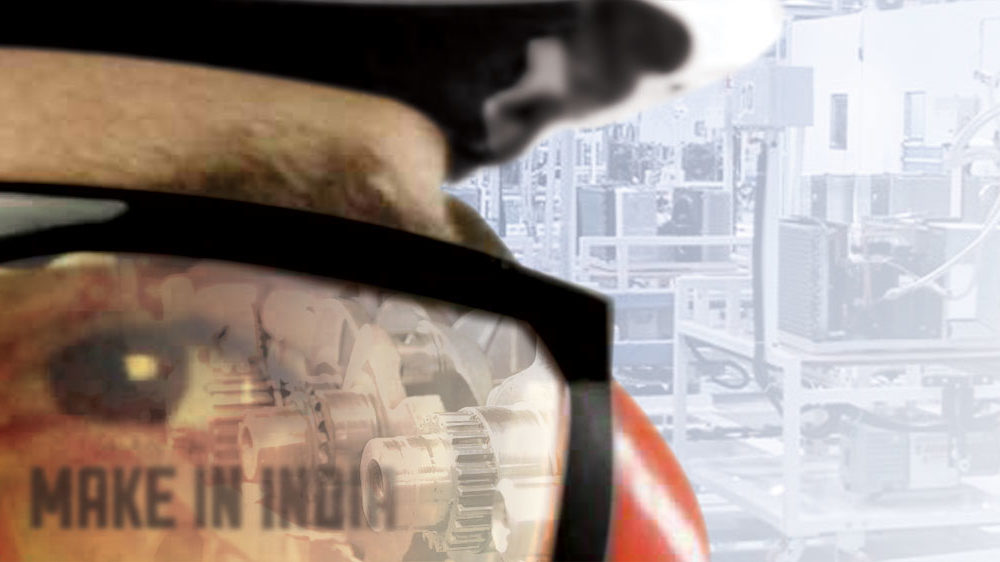
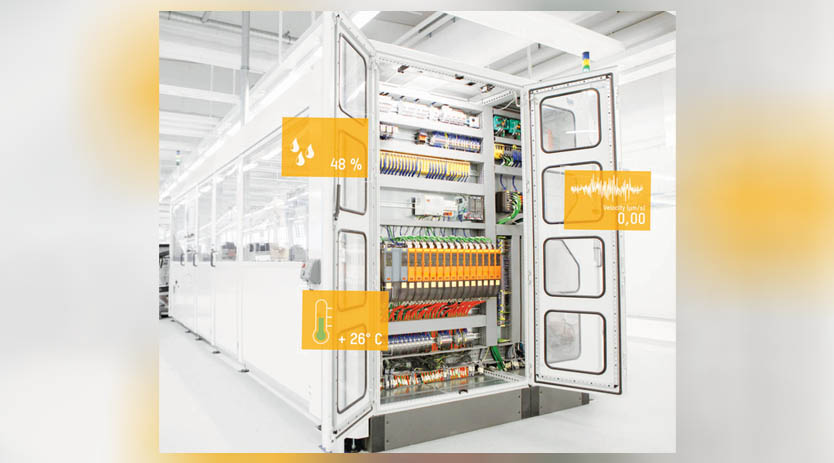
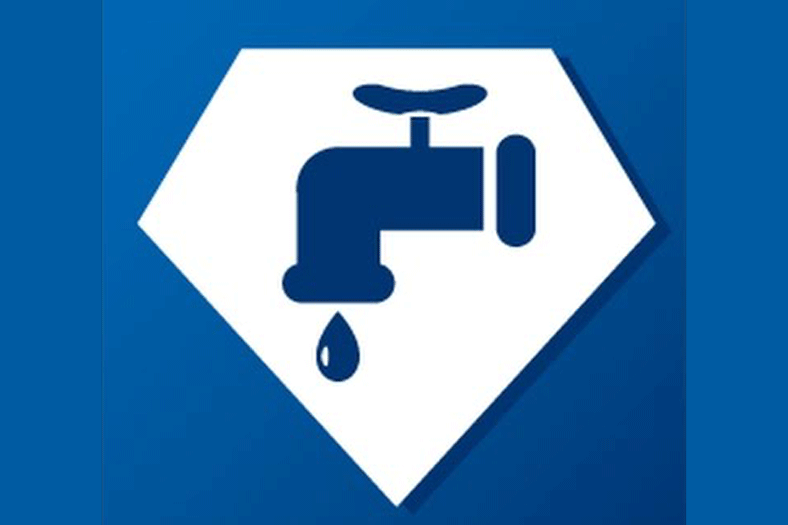
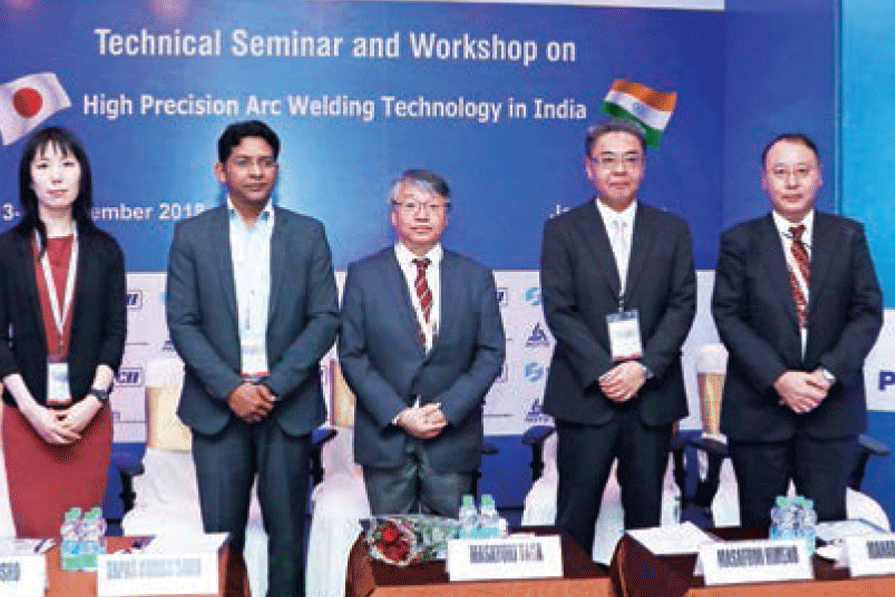
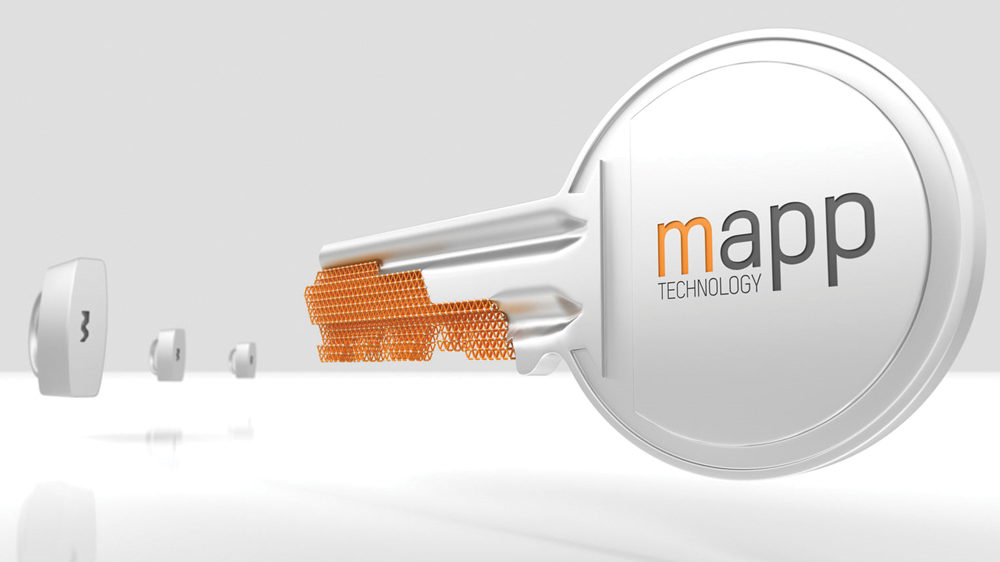
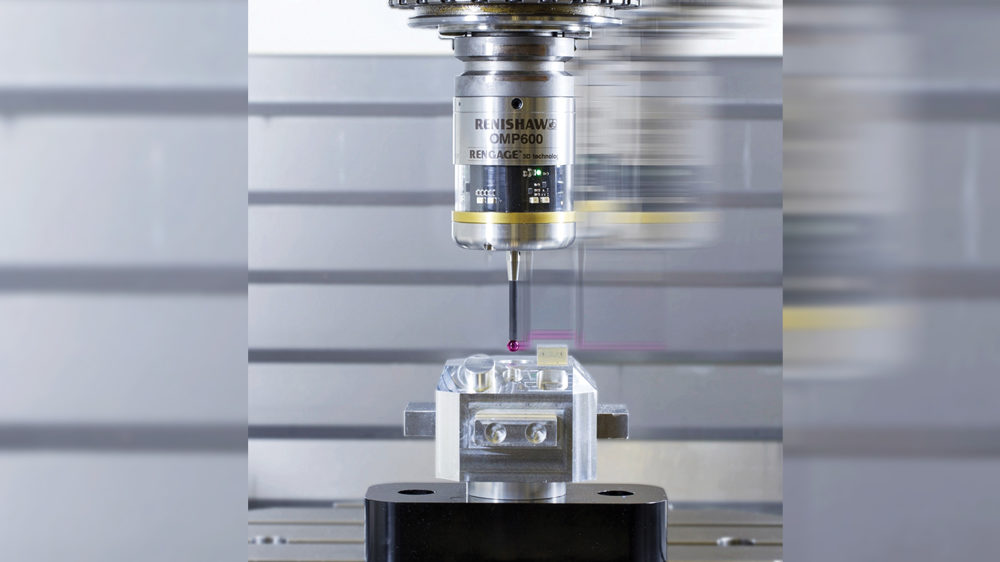
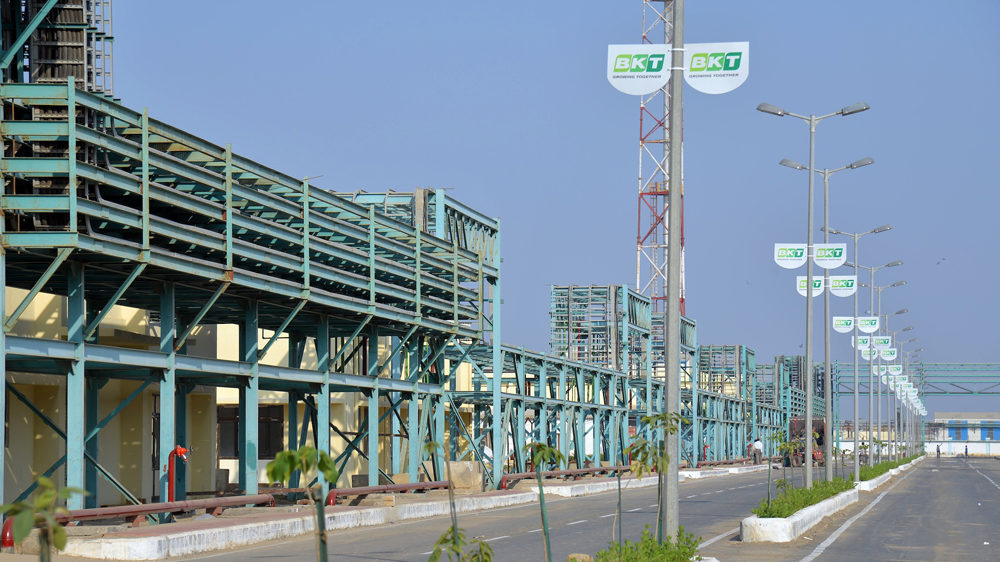
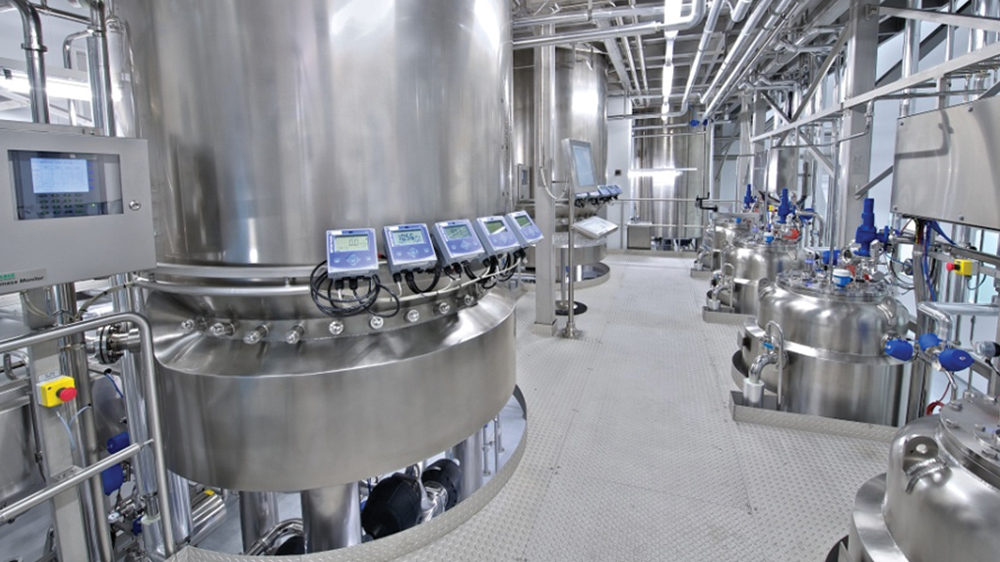
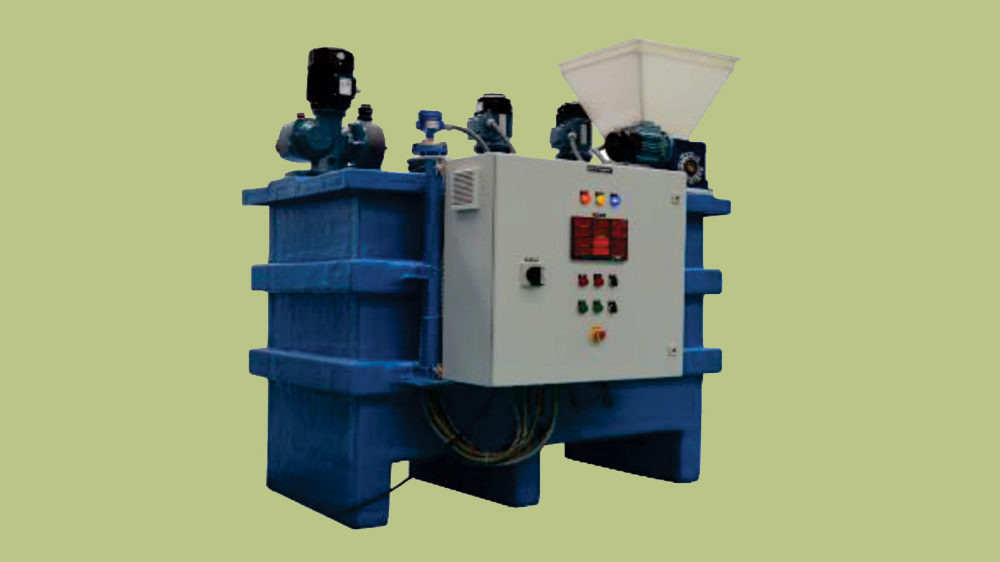
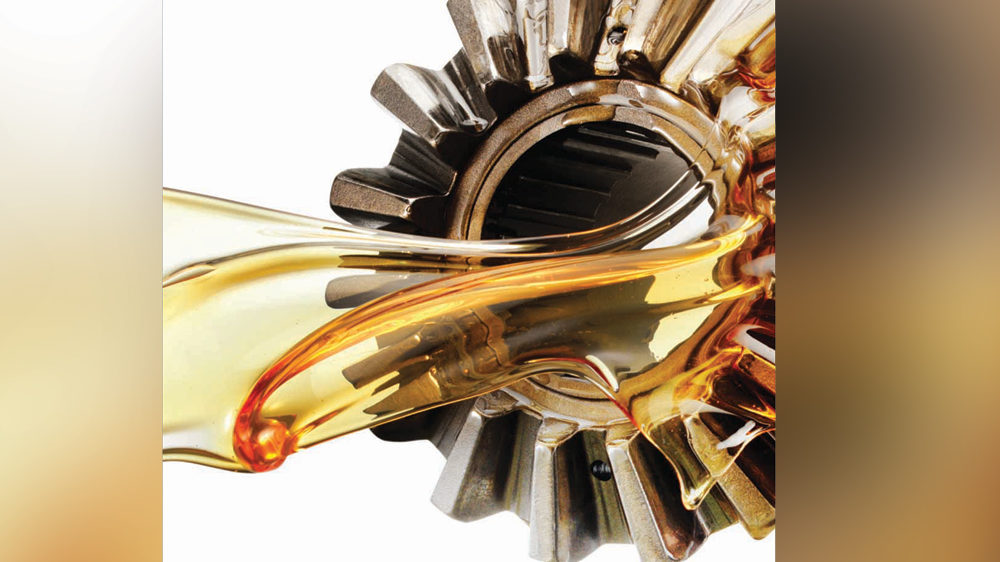
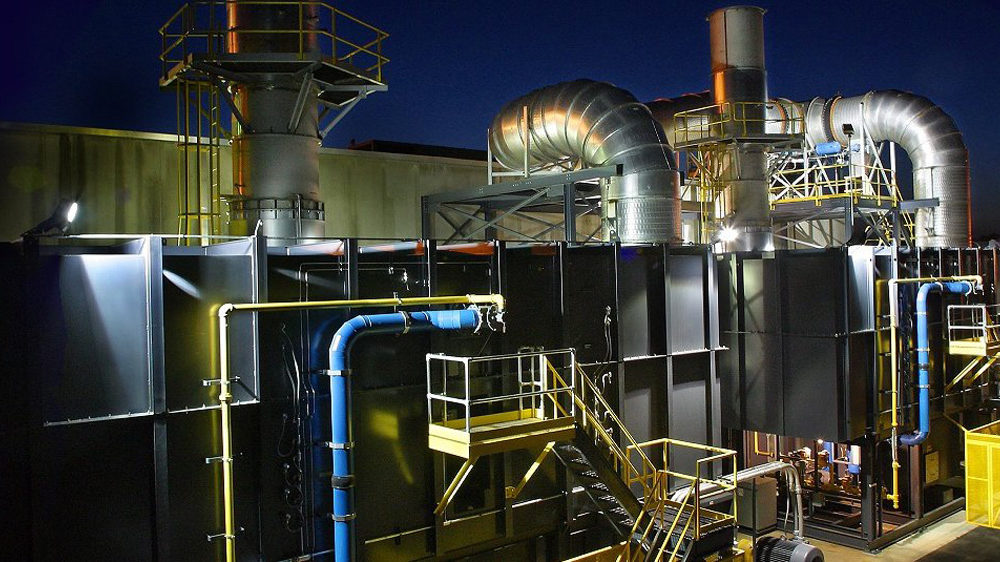



 English
English Hindi
Hindi